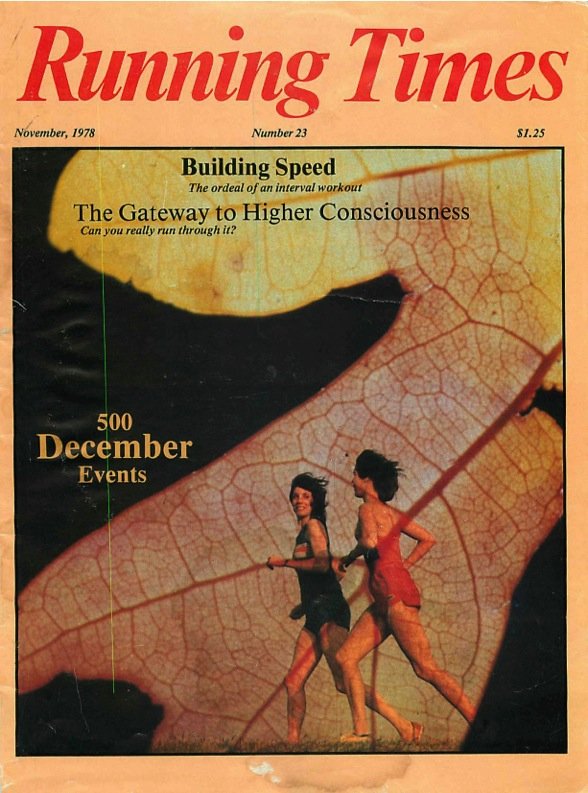Henley Gabeau
In this episode, you will hear an interview with Henley Gabeau done by Amy Begley as part of the Road Runners Club of America oral history project. It was recorded by phone in 2013. Henley passed away in 2018.
In the mid-1970s, Henley Gabeau didn’t set out to become an accomplished distance runner. Instead, it started as a simple desire to keep up with her 12-year-old daughter while training on the track.
“I always say that my daughter was my inspiration for starting to run,” Gabeau said.
What started as a personal endeavor blossomed into a legacy of activism and leadership that would change the landscape of women’s running forever.
In 1975, very few women participated in running, and those who did were often ridiculed and unwelcome at local running clubs dominated by men. For Gabeau, running opened up a whole new world; it gave her a sense of confidence and strength that she had long been missing. When she started running, Gabeau quickly noticed that there weren’t many spaces dedicated to women. This is what ended up inspiring Gabeau and a group of like-minded women to form the “Washington RunHers,” one of the first women’s running clubs in the United States.
“We decided almost immediately on the name RunHers... they voted me as President,” Gabeau recalled. “It was a huge step because I realized I had, you know, an obligation to support those other women and encourage women to start running.” Gabeau recalled.
Her leadership in the RunHers club led to further advocating for women in the sport. In 1977, she attended the National Women’s Conference in Houston, where she was able to collaborate with other activists like Jacqueline Hansen to push for more opportunities for women athletes. Alongside her colleagues, Gabeau formed the Women’s Distance Running Committee within the Road Runners Club of America (RRCA), ending the dated gender structures that prevented women from competing in long-distance events that men had previously monopolized.
Under Gabeau’s leadership, the RRCA launched the Women’s Distance Festival, a series of races meant to promote and showcase women’s abilities in long-distance running. Between 1980 and 1986, Gabeau directed multiple women’s races, including the Avon International Running Circuit in Washington, D.C.
International Runners Committee group photo circa 1979: Jacqueline, Dave Billington, Nina Kuscsik, Joe Henderson, Ken Young, Eleonora Mendonca, Jeff Darman, Tom Sturak, Joan Ullyot, Henley Gabeau, (lower) Doris Brown Heritage.
Her work behind the scenes was equally impactful. In 1986, Gabeau became the first woman elected president of the RRCA. During her tenure, she established the organization's first national office and doubled its membership from 380 to nearly 700 run clubs.
Gabeau’s career culminated in a moment of triumph in 1984 when her longtime hard work paid off and the women’s marathon was officially included in the Olympics. The race symbolized the breaking of a barrier that had once seemed tedious and daunting, thanks in part to her advocacy. Gabeau's activism extended beyond competitive running. She was also a strong advocate for women’s safety, launching nationwide seminars and safety programs for women runners after suffering an encounter with an attacker on a running trail.
Gabeau’s story comes from a simple love for a sport, yet that love was able to transcend personal achievements. She paved the way for women to run marathons, to compete in elite events, and to take leadership roles in organizations in which they were once marginalized. Gabeau’s contributions to the world of distance running go beyond her athletic achievements; her work as an advocate, race director, mother, and leader helped shape women’s running into what it is today.
About the author: Elena Trager is in her final year at WSU studying PR and sports communication. She is very passionate about expanding her knowledge trying new things. When she is not studying, she enjoys running, fishing, and skiing–she only wishes she could take her two cats (Boris and Pea) with her. Elena is currently working on expanding her skills with HTML and CSS coding.



